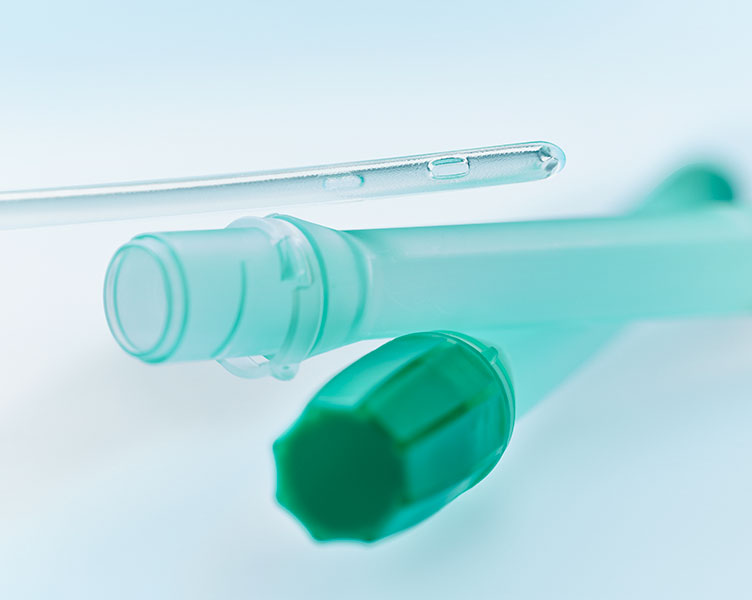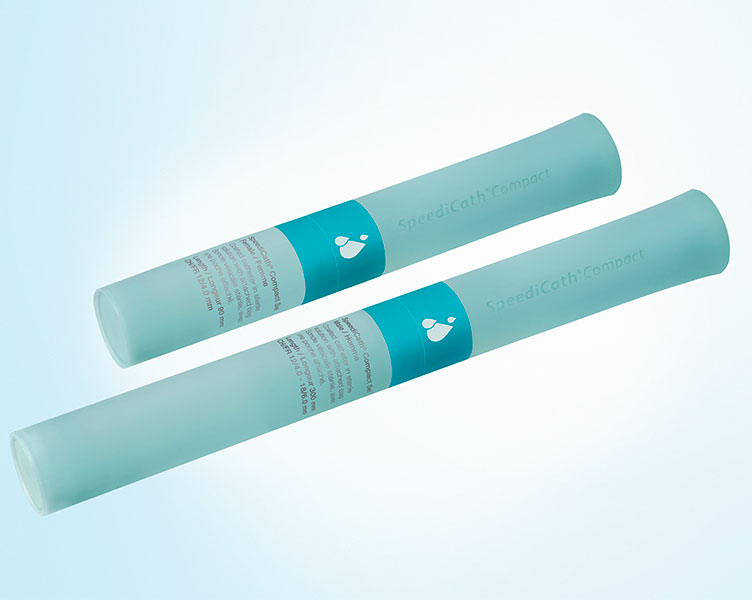Your rights to funding
You may be eligible for funding for your continence products and it is important to know your rights. The Australian Government, the New Zealand Government and State and Territory Governments offer a number of subsidy schemes that can help offset some of the costs of your continence products. Below is a summary of these schemes.
Australia Victoria New South Wales Queensland South Australia
Western Australia Tasmania Northern Territory ACT New Zealand
Australian National Schemes
NDIS
The National Disability Insurance Scheme (NDIS) provides all people with disability information and connections to services in their communities to help them achieve their goals and participate in everyday activities by providing the support needed to do so. The NDIS is available in all states and territories for individuals who have a permanent and significant disability.
To find out more about the NDIS and whether you are eligible, call our dedicated team on 1800 653 317.
CAPS
The Continence Aids Payment Scheme (CAPS) is an Australian Government program which provides a payment to people who have permanent and severe incontinence, to help with some of the costs of buying continence products. The payment is indexed annually.
Where can I find our more?
DVA
The Department of Veteran’s Affair (DVA) provides funding support for a range of continence products to eligible members of the veteran community through the Rehabilitation Appliances Program (RAP).
Where can I get more information?
My Aged Care
My Aged Care helps senior Australians access entry-level and more complex support services to live independently and safely at home. Depending on your needs, My Aged Care can help support your continence products and services that keep you well and independent.
How can I find out more?
Visit the My Aged Care website
Victorian Schemes
SWEP
State-Wide Equipment Program (SWEP) supports Victorians with permanent or long-term disability, as well as older Australians, to receive and maintain the items which they need for independence and improved quality of life. SWEP provides subsidised equipment including a wide variety of continence aids to enhance independence and facilitate community participation. A yearly assessment and new script by a continence nurse advisor is required for continued eligibility.
Where can I get more information?
TAC
The Transport Accident Commission (TAC) is a Victorian Government-owned organisation set up to pay for treatment and benefits for people injured in transport accidents, and help Victorians get their lives back on track. Medical treatment, rehabilitation services, disability services, income support, travel support and household support can all be supported by the TAC if they are as a result of injury incurred in a traffic accident. Most high-quality products are able to be funded with little restriction on quantity as long as it is justified. A yearly assessment and new script by a continence nurse advisor is required for continued eligibility.
Where can I get more information?
New South Wales Schemes
EnableNSW
EnableNSW provides assistive technology and related services to people in NSW with specific, short term or ongoing health needs to assist them to live safely at home. EnableNSW provides assistive technology that aids with communication, mobility, respiratory function, and self-care items including continence products.
Where can I get more information?
icare
icare (Lifetime Care and Support Scheme) pays for treatment, rehabilitation and care for people who have been severely injured in a motor accident in NSW. It can pay for a range of treatment, rehabilitation and care services, including continence products, for participants injured in a motor vehicle accident, regardless of who was at fault.
Where can I get more information?
Queensland Schemes
MASS
Medical Aides Subsidy Scheme (MASS) provides funding for medical aids and equipment to eligible Queensland residents who have a permanent and stabilised condition or a disability. The scheme helps people to live at home and avoid early or inappropriate residential care or hospitalisation. Aids and equipment are subsidy funded on a permanent loan basis, through private ownership or the supply of consumables.
Where can I get more information?
Visit the QLD Government website
NIISQ
The National Injury Insurance Scheme Queensland (NIISQ) is a no-fault scheme that provides necessary and reasonable lifetime treatment, care, and support to those who sustain eligible serious personal injuries in a motor vehicle accident in Queensland, on or after 1 July 2016. Treatment, care and support services include: medical treatment, rehabilitation, aids and appliances as well as home and transport modifications.
Where can I get more information?
South Australian Scheme
DSI
The Department for Communities and Social Inclusion (DCSI) is able to provide some assistance for continence products to eligible clients registered with Disability SA and Disability Services. To obtain assistance the client must have spent their CAPS allowance for the year.
Where can I get more information?
Visit the SA Government website
Western Australian Scheme
CMASS
The Silver Chain Nursing Association delivers the Continence Management and Support Scheme (CMASS) at clinics through Western Australia. Specialist nurses provide assessment and advice on how to best manage and improve your bladder or bowel condition. If continence products are required, Silver Chain can assist with accessing a subsidy of up to $490 per year through Independence Australia.
Where can I get more information?
Visit the WA Government website
Tasmanian Schemes
CES
The Tasmanian Department of Health and Human Services operates the Community Equipment Scheme (CES). Continence supplies (available from Independence Australia) of up to $1000 per year are available for eligible clients who pay half the costs of supplies received. People who are eligible for CAPS or DVA continence assistance will not be eligible for this scheme.
Where can I get more information?
Visit the Tasmanian Government website
MAIB
The Motor Accidents Insurance Board (MAIB) is a Tasmanian Government Enterprise which assists in the funding and payment of Tasmania’s compulsory third party (CTP) motor accident insurance scheme. The scheme provides medical and income benefits on a no-fault basis to people injured as a result of a motor accident while enabling access to common law. MAIB pay for a range of treatment and support services to help you in your recovery after an accident.
Where can I get more information?
Northern Territory Scheme
TEP
Operated by the Northern Territory Department of Health, the Territory Equipment Program (TEP - formerly the Disability Equipment Program scheme) aims to provide prescribed equipment, aids and appliances to assist with safety, independence and participation in the community.
Where can I get more information?
Visit the NT Government website
Australian Capital Territory Scheme
ACT Equipment Scheme
Provides funding to assist with long-term disabilities to obtain and maintain a range of equipment to assist people to live at home. Access to the ACT Equipment Scheme is via Health professional referral.
Where can I get more information?
Visit the ACT Government website
New Zealand Schemes
ACC
The Accident Compensation Corporation (ACC) helps to support New Zealanders and visitors to New Zealand who have been injured, by minimising the incidence and impact of the injury. The ACC can help pay for a range of medical, health and treatment costs if they cover your injury. The treatment covered includes medical specialist services, hospital treatment, and your continence needs.
Where can I get more information?
DHB
District health boards (DHBs) are responsible for providing or funding the provision of health services in their district. Disability support services and some health services are funded and purchased nationally by the Ministry of Health. The services and supports you can access may depend on your local District Health Board.
Where can I get more information?



